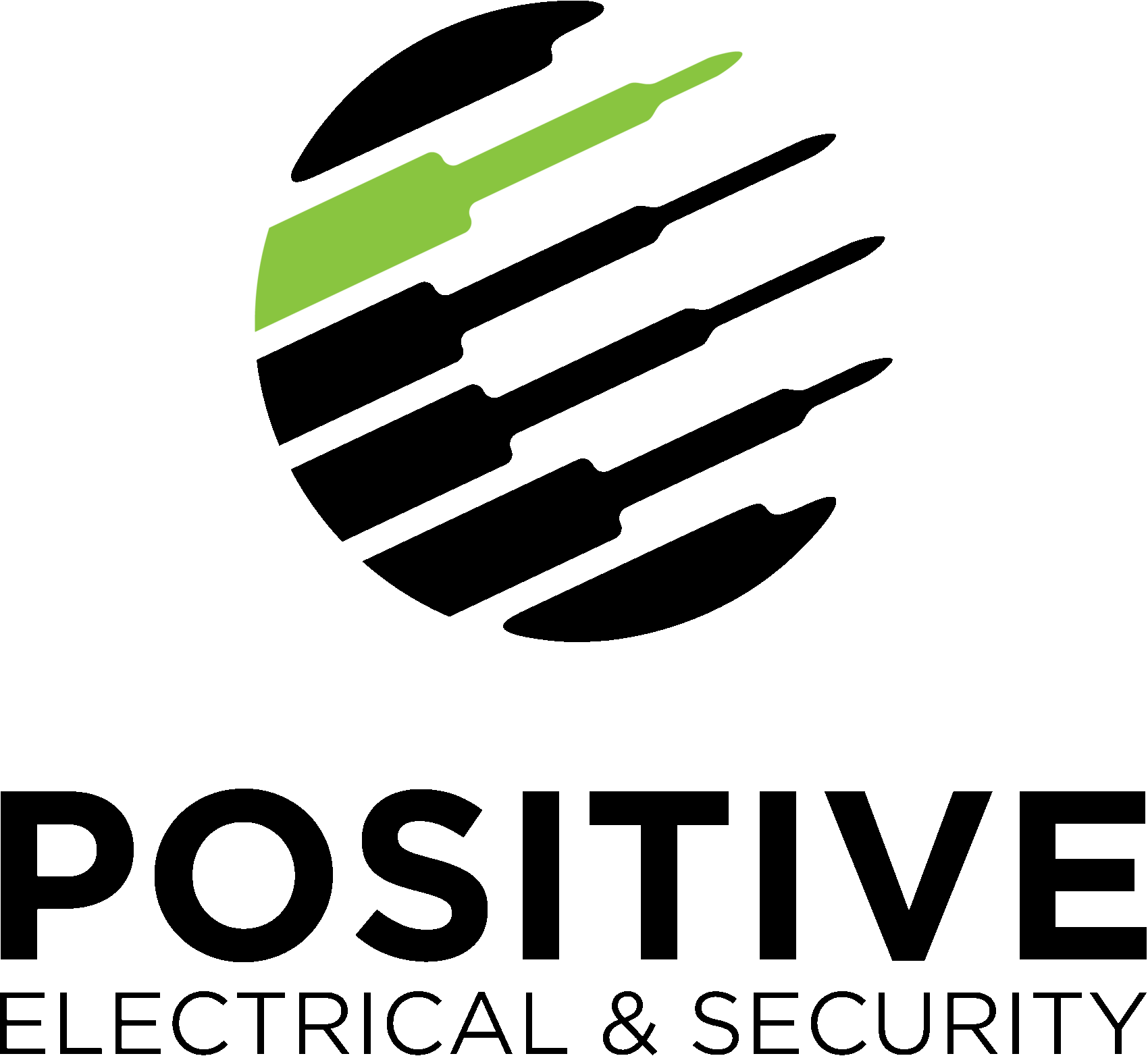Understanding how home wiring works is essential for homeowners who want to maintain a safe and functional electrical system. Whether you are troubleshooting an issue, planning a renovation, or simply curious about the process, knowing the basics can help you make informed decisions. This guide will explain how home wiring works and highlight the roles of electricians and commercial electricians in ensuring safe and efficient electrical installations.
The Basics of Home Wiring
At its core, home wiring is the system of electrical cables, outlets/sockets, switches, and circuits that deliver power throughout your house. Here’s a simplified breakdown of how it works:
- Electricity Supply: Homes in New Zealand receive electricity from the national grid via overhead or underground power lines.
- Main Switchboard: The electricity first enters the main switchboard, where it is distributed to different circuits. This board contains circuit breakers or fuses that protect your home from electrical overloads.
- Circuits and Wiring: Different circuits serve various parts of the house, such as lighting, kitchen appliances, and power outlets. These circuits are connected by insulated wiring hidden inside walls, ceilings, and floors.
- Outlets and Switches: Electricity flows through wiring to outlets and switches, allowing you to power appliances and lights safely.
- Grounding and Safety Features: Modern homes include grounding systems and safety devices like Residual Current Devices (RCDs) to prevent electric shocks and fires.
Understanding Electrical Circuits
Home wiring is divided into multiple circuits to prevent overloading and improve safety. The most common types of circuits include:
- Lighting Circuits: These circuits power ceiling lights and wall fixtures.
- Power Circuits: These provide electricity to outlets where you plug in appliances and devices.
- Dedicated Circuits: High-power appliances like ovens, water heaters, and air conditioners require dedicated circuits to handle their energy demands.
Each circuit has a corresponding breaker in the switchboard that cuts off power if an overload or fault is detected, reducing the risk of fire or electrical damage.
The Role of Electricians in Home Wiring
Electricians play a vital role in installing, repairing, and maintaining home wiring systems. Here are some key services they provide:
- New Installations: When building a new home, electricians design and install the entire wiring system, ensuring compliance with safety standards.
- Repairs and Maintenance: If you experience flickering lights, tripping breakers, or faulty outlets, a qualified electrician can diagnose and fix the issue.
- Upgrades and Renovations: Homeowners upgrading their electrical systems for additional appliances, smart home features, or better efficiency rely on electricians to ensure proper installation.
If you require electrical work in New Zealand, professionals like Positive Electrical provide expert services tailored to your home’s needs.
Commercial Electricians vs. Residential Electricians
While residential electricians focus on home wiring, commercial electricians work on larger electrical systems in businesses, offices, and industrial settings. Some key differences include:
- Complexity: Commercial buildings often require more complex electrical installations, including three-phase power systems and high-capacity circuits.
- Regulations: Commercial electrical work must comply with stricter codes and safety standards due to the higher risk involved.
- Equipment: Businesses may need specialized electrical systems for heavy machinery, data centers, or security systems, requiring experienced commercial electricians.
If you own a business in New Zealand and need electrical services, commercial electricians from companies like Positive Electrical can ensure your electrical systems are safe, efficient, and up to code.
Safety Tips for Homeowners
While understanding how home wiring works is valuable, electrical work should always be handled by qualified professionals. Here are some essential safety tips:
- Never attempt DIY electrical repairs unless you are trained and licensed.
- Regularly check your switchboard and replace outdated fuses with modern circuit breakers.
- Avoid overloading outlets with multiple appliances.
- Schedule regular inspections by a licensed electrician to ensure your home’s wiring is in good condition.
Positive Electrical, Your Trusted Electricians
Home wiring is a crucial system that powers your household, and understanding its basic workings can help you make informed decisions about maintenance and upgrades. Whether you need a residential electrician for home repairs or a commercial electrician for business installations, professionals like Positive Electrical in New Zealand can provide expert assistance. Always prioritise safety and rely on licensed electricians for any electrical work to ensure your home remains safe and efficient.

